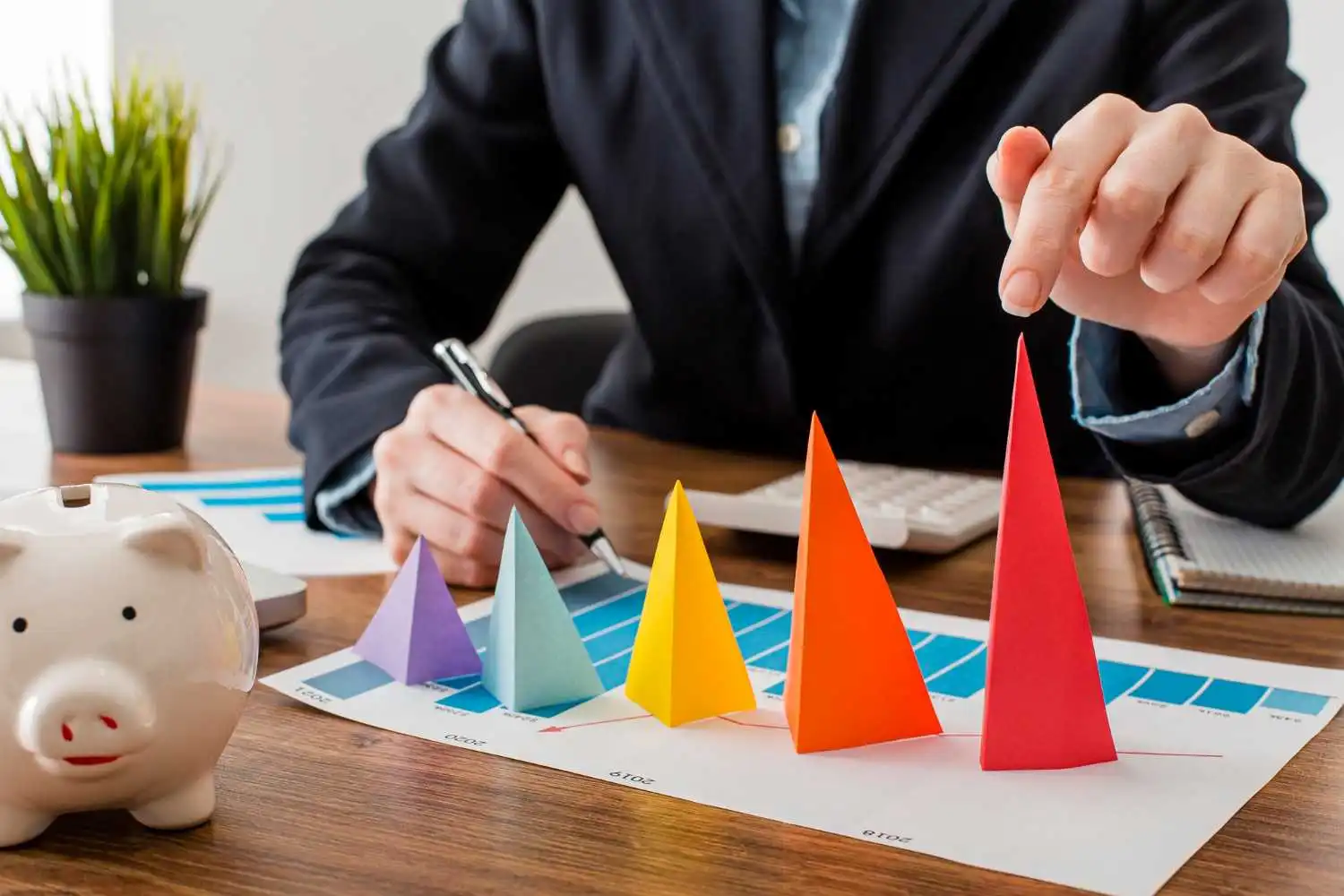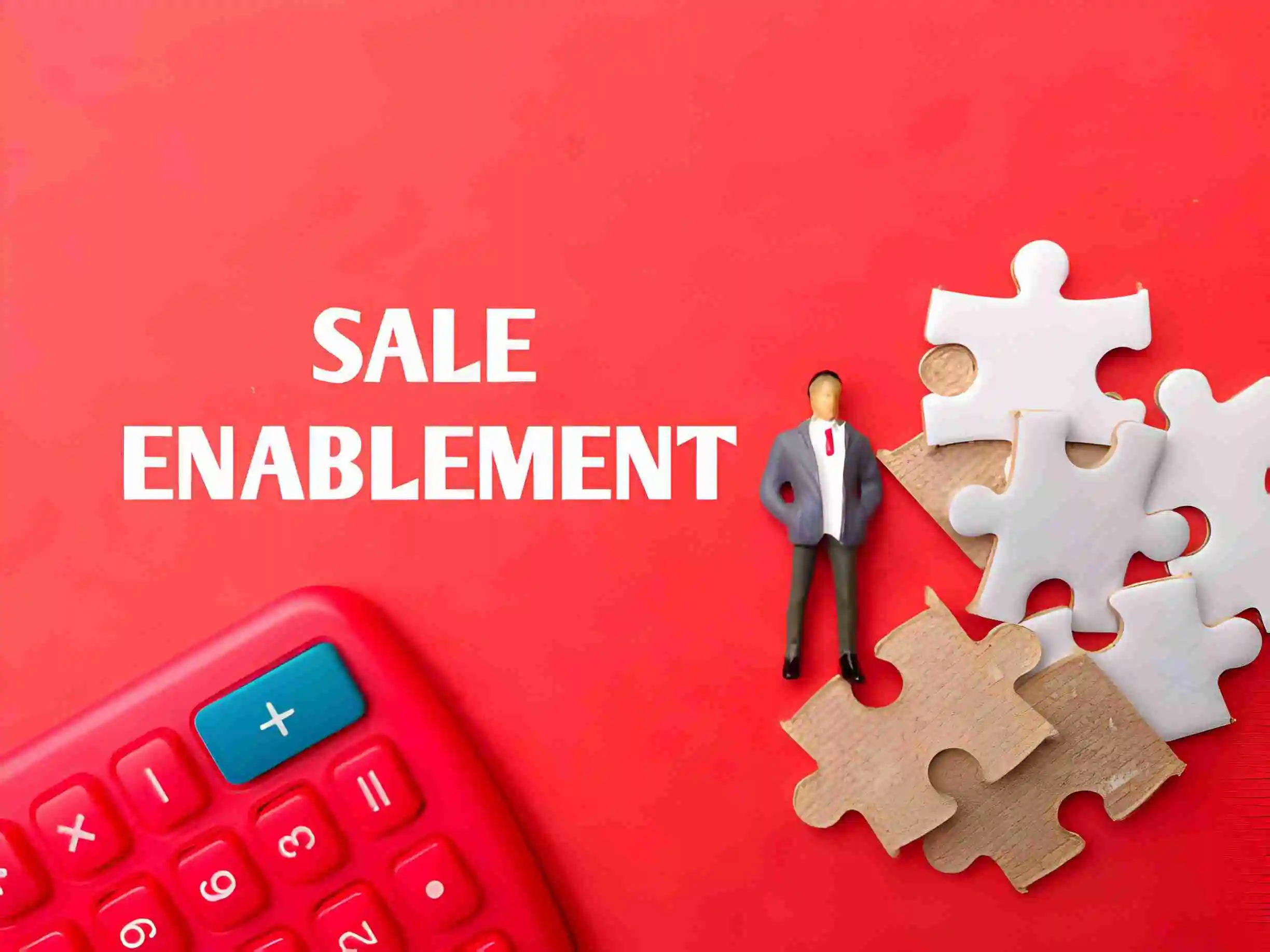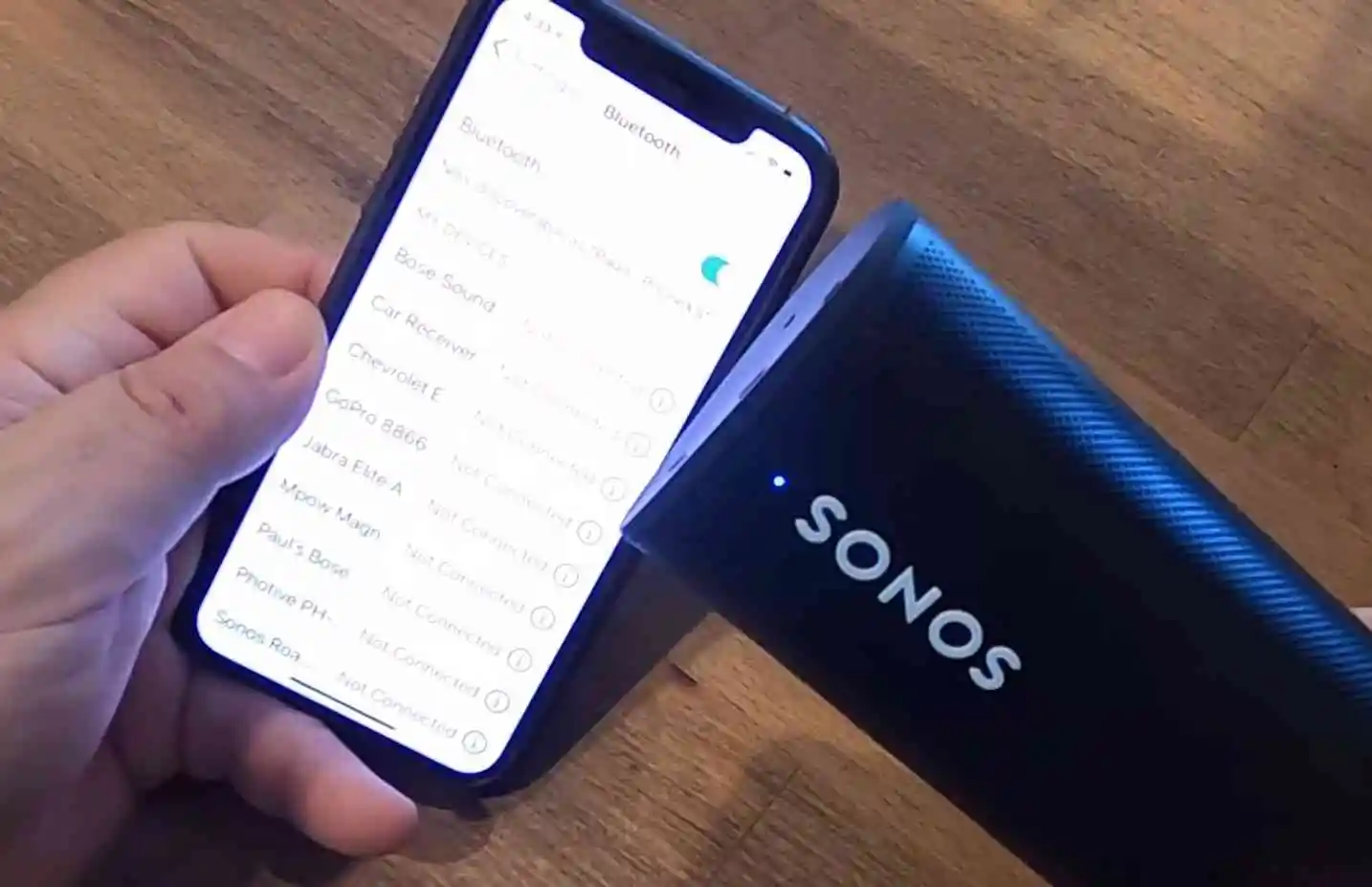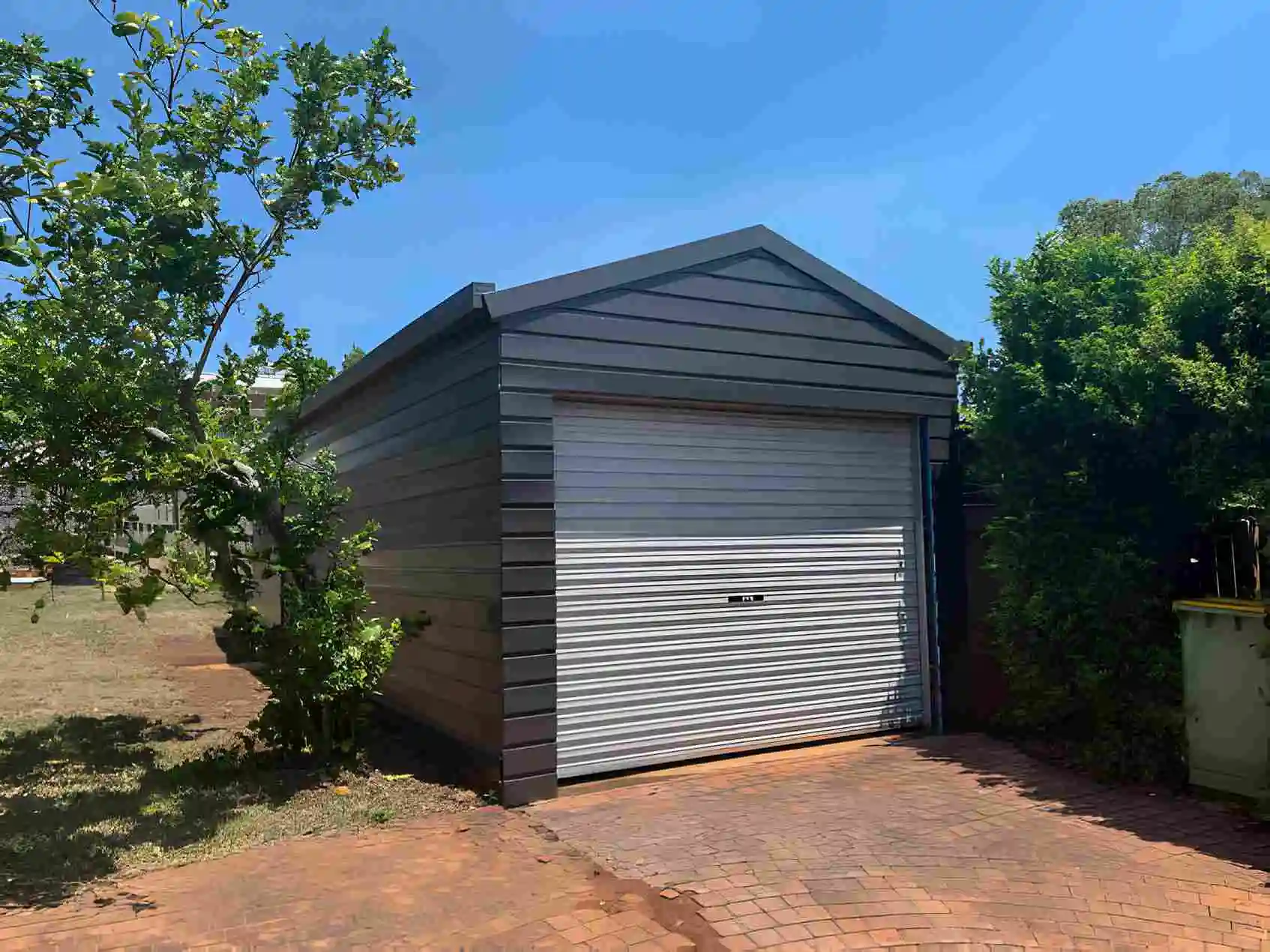How Can Businesses Improve Their Efficiency in 2024?
In every form of business, operations, and tasks must be carried out to the highest levels of efficiency. Put simply, if you can complete tasks and projects to the highest levels of output while ensuring that the result is of the highest quality, you will be able to do more in less time. In an … Read more










